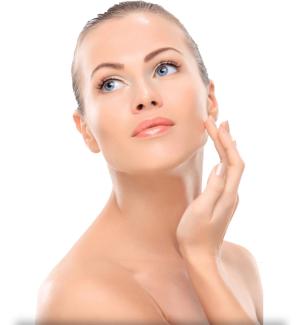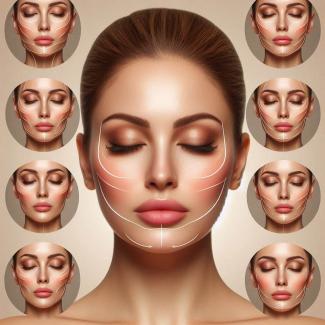
Retinol, a form of vitamin A, is commonly used in skincare for its numerous benefits, including reducing wrinkles and improving skin texture. Here are some key points about using retinol and its effectiveness:
- How to use retinol:
- Choose the right product: Retinol is available in various concentrations. To start, it's recommended to begin with a lower concentration to allow your skin to gradually acclimate to it.
- Apply it in the evening: Retinol is best used at night since it is sensitive to sunlight and can break down when exposed to UV rays.
- Apply it to clean skin: Apply it to clean, dry skin after cleansing and before applying moisturizer.
- Gradual introduction: Expect that your skin may need some time to adjust to retinol, so start using it gradually, for example, every other day, and then increase the frequency as your skin becomes accustomed to it.
- Use for reducing wrinkles:
- Retinol promotes skin cell turnover and increases collagen production, which can help reduce wrinkles.
- Effectiveness in reducing wrinkles may vary from person to person, but many users have noticed improvements after several weeks or months of regular use.
- Improving skin texture:
- Retinol can improve skin texture by removing dead skin cells, reducing pore size, and enhancing skin tone evenness.
- It can also reduce the appearance of blemishes, scars, and pigmentation.
- Sun protection: Since retinol is sensitive to UV radiation, it is crucial to use sunscreen during the day to protect your skin from sun exposure.
- Precautions:
- Retinol can cause skin irritation, so it's important to listen to your skin. If you notice excessive irritation, consider discontinuing use or reducing the frequency of application.
- Pregnant and breastfeeding individuals should consult a healthcare professional before using retinol.
- Patience is key: The effects of retinol typically don't appear immediately, so be patient and continue with regular use.
The effectiveness of retinol may vary depending on the individual and the product you are using. For the best results, consult with a dermatologist who can advise you on the most suitable product and skincare regimen for your skin.






